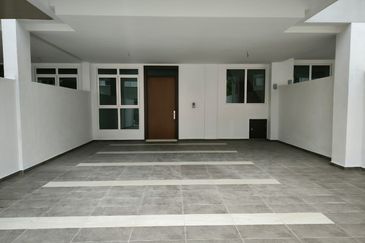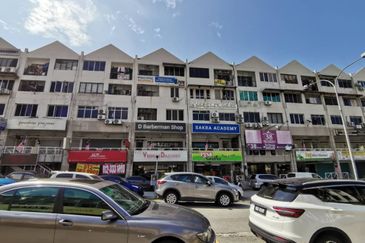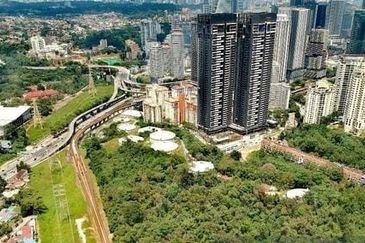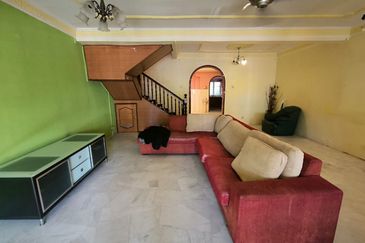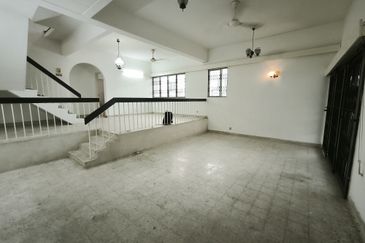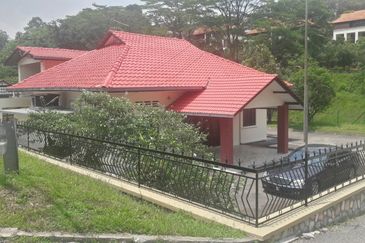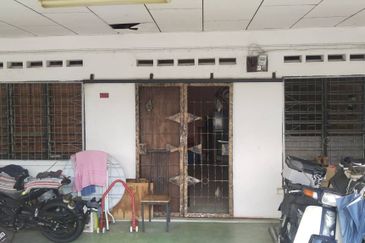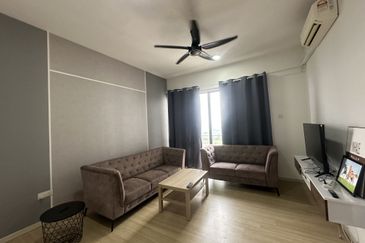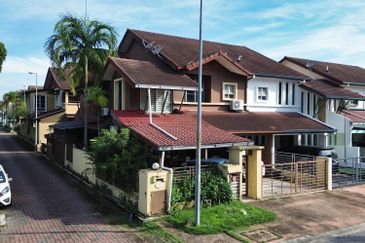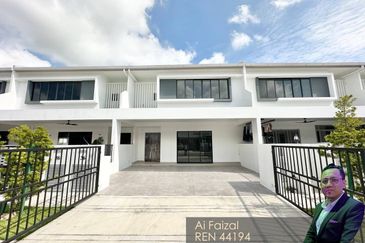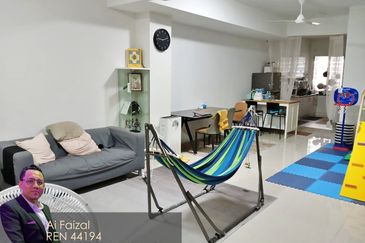
KUALA LUMPUR (Sept 2): Waste separation at source became mandatory yesterday, but it might as well have remained optional for all the effect it has had on the citizens of Kuala Lumpur.
Checks by The Malaysian Insider at various housing estates in the city found that residents were either unaware of the scheme or were unsure of how to go about it.
A Taman Melawati resident, who wished to be known as Lanka, said she had only found out about the waste separation scheme in the news today.
“I did not know anything about it before today and I haven’t started separating the rubbish. I don’t think anyone has started,” she said.
Lanka said now that she knew, she would make the effort to separate the waste from the recyclables.
“Usually, we keep the recyclables to sell to the trucks that come around to collect paper and plastic.”
Daniel Tan, who also lives in Taman Melawati, has not started to separate the waste either.
“We did not receive any notices regarding the matter, so we are not separating the rubbish. How are we supposed to it anyway, put them in different coloured bags or bins? They (authorities) should be telling us how,” he said.
Calvin Chan, who lives in Taman Midah, Cheras, said he was surprised to find out that the waste separation scheme was in effect.
“I did not know they were starting this, I was not notified. Shouldn’t they be communicating with us?” he said.
Chan said he would start separating the rubbish if he knew how to go about it.
“They have to show us how to do it right. I mean, at least give us something to start with. Are we supposed to have different coloured bins or what?” he said.
Ong Swee Lin, who lives in a high-rise residence in Jalan Klang Lama, said she was neither informed of the scheme nor given proper instructions on how to go about it.
“Any information I have I gleaned from the media. It doesn't look like the authorities have made any effort at all to ensure the scheme’s success. Where are the bins? Where is the collection schedule?
Ong said she would gladly cooperate if there was a system in place for it.
“It is good for Malaysians to get into it because it is good for the environment. But the authorities have got to get their act together first,” she said.
Michelle Ng, who lives in OUG, also in Jalan Klang Lama, said she was not informed about the scheme, but that had not prevented her from practising waste separation for many years
“I have a relative who collects tin and plastic. The paper I deliver to my daughter’s school because they have asked for paper to recycle,” she said.
Ng said she only threw out what could not be recycled and thought that the initiative was a positive move.
“People should be recycling. It is a good idea but it has failed to be communicated by the authorities,” she said.
Paper collector Lee (not his real name) believes the exercise is doomed to failure.
“My business is to collect used paper for recycling and we pay for it too.
“I don’t think the authorities will be successful in forcing Malaysians to separate their rubbish. It is a different culture in Malaysia, people just don’t do it. If they want to issue fines, people will only think that the government wants more money,” he said.
The Star Online reported Urban Wellbeing, Housing and Local Government Minister Datuk Abdul Rahman Dahlan as saying that he believed separation of waste at source would help Malaysians to become more environment friendly.
“Only between 10% and 11% of our waste is recycled. We aim to see the figure doubled to 22% within five years.
“To meet this, we need to change the people’s mindset. That’s why we are enforcing the act,” he said, adding that the government spent RM2 billion a year on waste management.
The Malaysian Insider reported that SW Corp had been tasked to work with residents’ associations, Rukun Tetangga and Joint Management Bodies (JMBs) towards successful implementation of the scheme.
“The main thing that the public has to remember is that it is a 2+1 system, meaning two collection days for residual waste and one day for recyclable, garden and bulk wastes,” said National Solid Waste Management Department director-general Mohd Rosli Abdullah.
Beginning June 1 next year, households that do not separate their waste will be compounded RM50 for the first offence, and RM100 and RM500 for subsequent offences.
If the compounds are not paid, the offender can be taken to court to face a maximum fine of RM1,000.
Similar actions will also be taken against the joint management bodies of high-rise residences.
TOP PICKS BY EDGEPROP
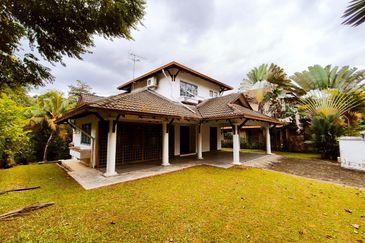
Damansara Heights (Bukit Damansara)
Damansara Heights, Kuala Lumpur
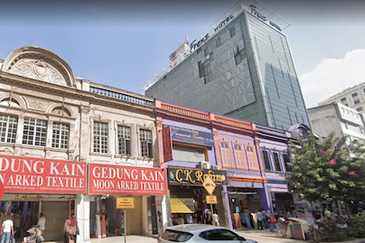
Jalan Tuanku Abdul Rahman
KL City, Kuala Lumpur



